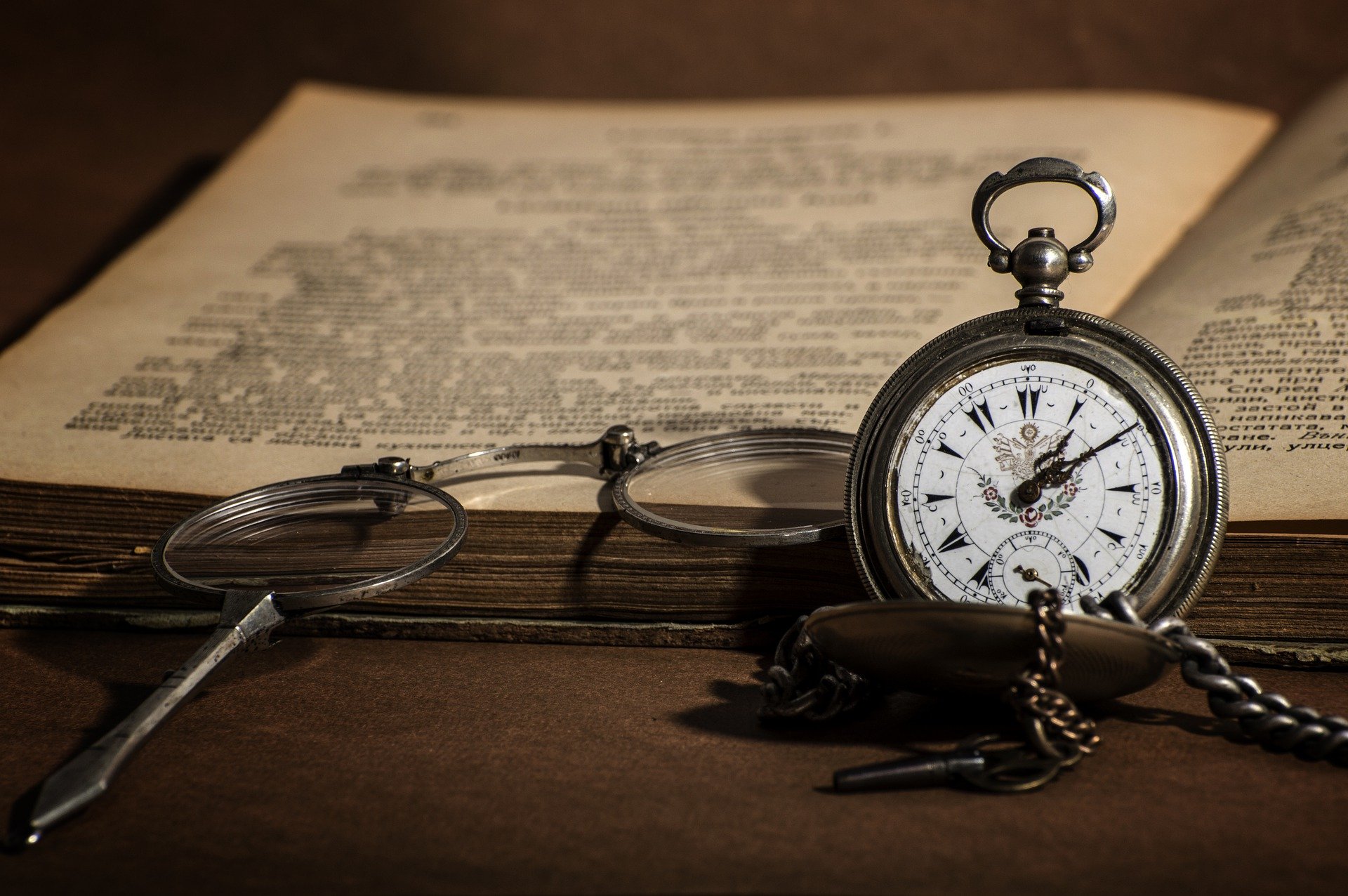Since March 2020 most of the Western world has held its breath in view of the coronavirus spreading throughout our societies. Most of the governments asked that we stay at home and limit interactions outside of our households to the minimum, to curb the reach of the virus. Most of us are pretty overwhelmed. And maybe surprised by the impact it has on our lives. How many habits we have that keep us going in our daily routines.
I have a rough idea that the world before COVID-19 was far from perfect.
The way our societies work can be recognised as unnatural. But it is bearable. It is good enough for us to manage life from holidays to holidays. We rarely stop and think about the long run. Sometimes we don’t even acknowledge events from the outside of our own environment.
Around 9 million people die of hunger every year, 10 million people die of cancer. Thanks to the Internet, we had a chance to observe in detail the global warming impact on bushfires in Australia. There is a record breaking depletion in the ozone layer over the Arctic. Civil unrest was very common in Latin America due to the antisocial governments – the same could be said about many governments in the European and Anglo-American countries. Somewhere in the background people were fighting in the Middle East, with some dangerous outbreaks of violence involving Iran, Syria, Israel.
Someone just pressed “pause” on the world.
As it turns out, when we only buy what is absolutely essential, many companies go out of business. Journalists are speculating about putting a pause on capitalism and the need to create a new order, new economy, new Bretton Woods. Things are about to change. This is terrifying for some people, especially given the gloomy predictions of the crisis and a recession all over the globalised world. But that is exactly what it is. Change. Revision of values. And we can look at things from a different perspective.
What does it mean for you?
It is a period with less distractions, and we can closely observe our defense mechanisms. We can identify our needs and determine what is really important to us. We can capture things that are not working or not necessary. We can see where we are overindulging or chasing our tails in a game that we did not design. Maybe you realised that you want to spend more time at home with your family. Or that you want to read more or do more sport. Perhaps you realised that career is not that important to you. Maybe you started offering your services online which brought you more satisfaction than the work you did before.
There are people quarantined with physical abusers, others are struggling with narcissists. Many discovered they have some problems that require professional help. And that they can be resolved, even without much effort, via skype, with therapists available online. Now is the time to look at things that hurt. When things quiet down, our demons resurface and we can tame them. We are used to our habits, we think schematically. We have a certain idea about ourselves that we can scrutinize now, and verify if we really are the people we think we are.
Can you press pause on your life?
The truth is, in a few weeks we are going to resume our lives. The way we organise our lives is likely to stay unchanged – unless we make the change happen. We have an opportunity to change our habits. Rethink, what we can go without. Maybe we can start using a bike, even though we can afford a car. Maybe we don’t need that extra pair of shoes. Or we can do as much as get rid of excess junk crowding our apartments.
Are you familiar with the idea of the tyranny of small decisions?
You are what you repeatedly do. But there is more to that. By way of taking small steps every day, we shape the world around us. By choosing fast fashion, we support the world of inequalities. By using non-recyclable, non-compostable products, we add to the pollution of the world around us. By consuming cocoa, coffee, soy, avocado, palm oil, bananas and many other imported products, we are contributing to the modern slavery. To grow these crops people are forced to cut down the forests that were there to guard us from pollution. It is plain to see the way we used to live our lives was not sustainable in the long run. The irony is, in order to care about the world around us, we need to ensure our own needs are met first.
That is why I need you to look closely at your life and answer this question: what can you do for yourself to have more kindness?
